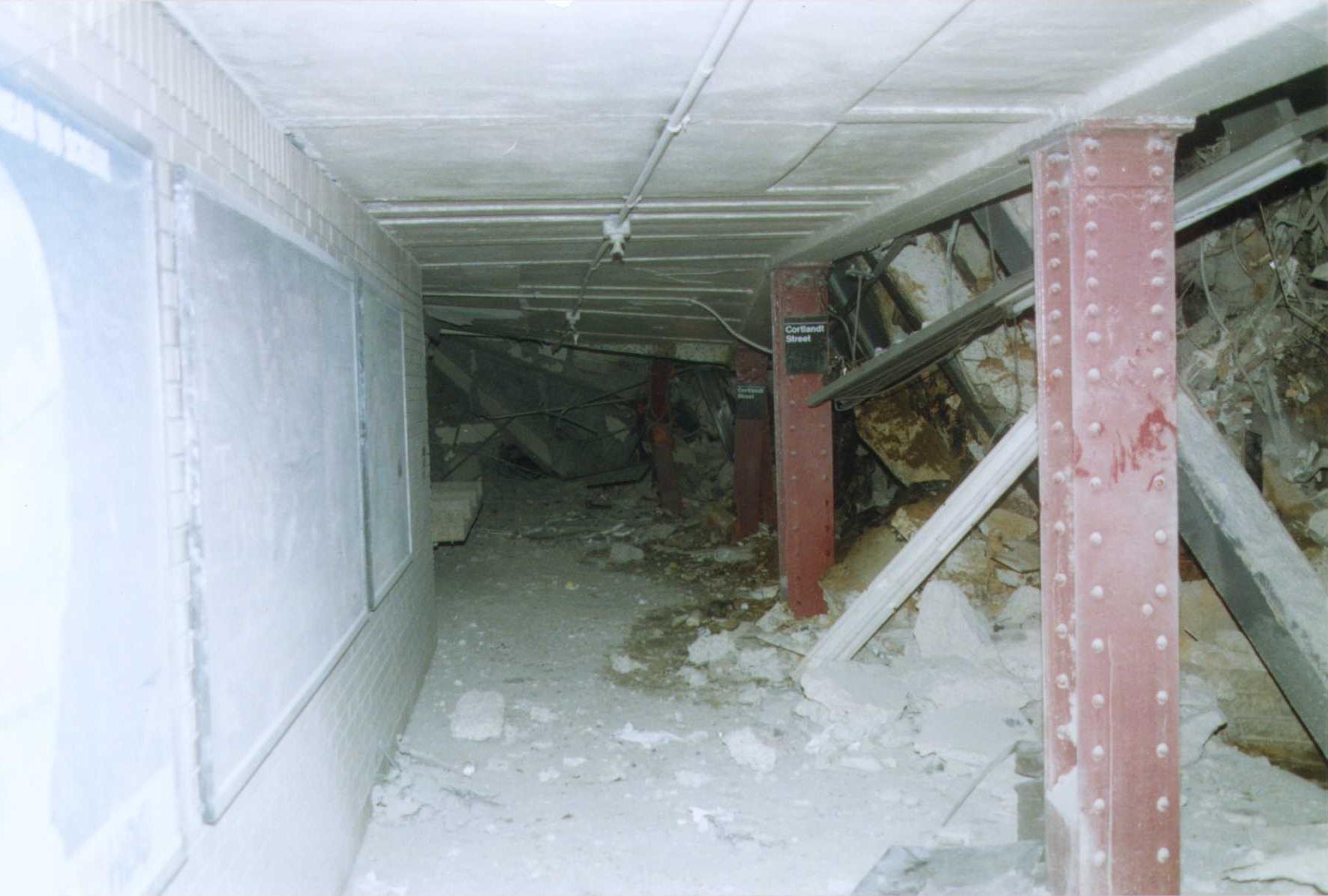In one hand, #NJTransit fare hikes in the last 25 years. In the other, #NJ #gastax increases. @CommutingLarry #NJTTF pic.twitter.com/Vnxz9WfhZq
— Tri-State (@Tri_State) March 4, 2015
Although this site is largely focused on New York City transit, it’s hard to ignore New Jersey’s impact on the region. I don’t quite follow the daily ins and outs of New Jersey’s transportation scene as I do New York’s as that is a frustratingly Sisyphean, but as the state with the fifth greatest number of unlinked transit trips in the nation — and one that feeds directly into New York City — we can’t just ignore it under a more transit-friendly administration is in place. These days, we’re talking fare hikes.
The scandal of the week from the Garden State involves Exxon. The state had sued for over $8 billion in environmental damages, and the suit was headed to a damages determination when Gov. Chris Christie opted to settle for $225 million, cents on the dollars. From news stories to Op-Ed columns, The Times has covered this environmental and taxpayer scandal closely since breaking the story last week, and it’s worth paying attention here as it reverberates from a local to a national level. But that’s hardly the only story at play.
Yet again, New Jersey Transit is gearing up to raise its fares, and the hike — designed to cover an operating budget gap — could be by as much as 25 percent. Larry Higgs had the story:
NJ Transit commuters should brace themselves for possible fare hikes of 25 percent or more in addition to service cuts, a transit advocate warns, as the agency struggles to close an $80 million budget gap.
And while NJ Transit officials insist a fare increase would be lower than 2010’s fare hike and is on the table only as a “last resort,” the last time the agency faced an $80 million budget gap, in 1981, it jacked fares by 50 percent over three years and introduced significant service cutbacks. “It’s a safe assumption it will be greater than 25 percent by the amount of revenue needed to fill the hole,” said Veronica Vanterpool, Tri-State Transportation Campaign executive director. “The funding structure for NJ Transit is broken. What we need is a new funding structure.”
Other factors that could affect a fare increase include the cost to settle expired contracts with 20 unions, which make up more than 9,000 of NJ Transit’s 11,000 employees. Many of those contracts expired five and six years ago. However, any fare increase under consideration will include those contract costs, said Nancy Snyder, an NJ Transit spokeswoman. “We recognize the 2010 fare adjustment was a serious burden on customers,” Snyder said. “We would not repeat that level of adjustment, which was required because of years of refusing to make tough choices including retraining costs and adjusting fares to meet needs.”
New Jersey Transit, as we know, hasn’t been a paragon of a well-run transit agency. Their utter lack of emergency flood preparedness cost them a few hundred million dollars in damage due to Hurricane Sandy, and Gov. Christie’s decision to kill ARC without a potential replacement has saddled the agency with the same operations challenges it has faced for decades. The sources of the $80 million gap, as others have noted, are numerous and include raising costs and increased spending on labor. The fare hikes to cover this gap will be steep.
Meanwhile, it’s worthy pondering how and why New Jersey’s drivers get off so easily. Even as hundreds of millions of transit riders pass through the Garden State’s transit network, drivers haven’t seen a corresponding increase in the gas tax in 25 years. The imbalance affects us all as it leads to more cars on the road and less money to maintain or even expand the transit network. It’s a strange and uncomfortable situation that isn’t going to change any time soon.











 42 St Shuttle
42 St Shuttle







